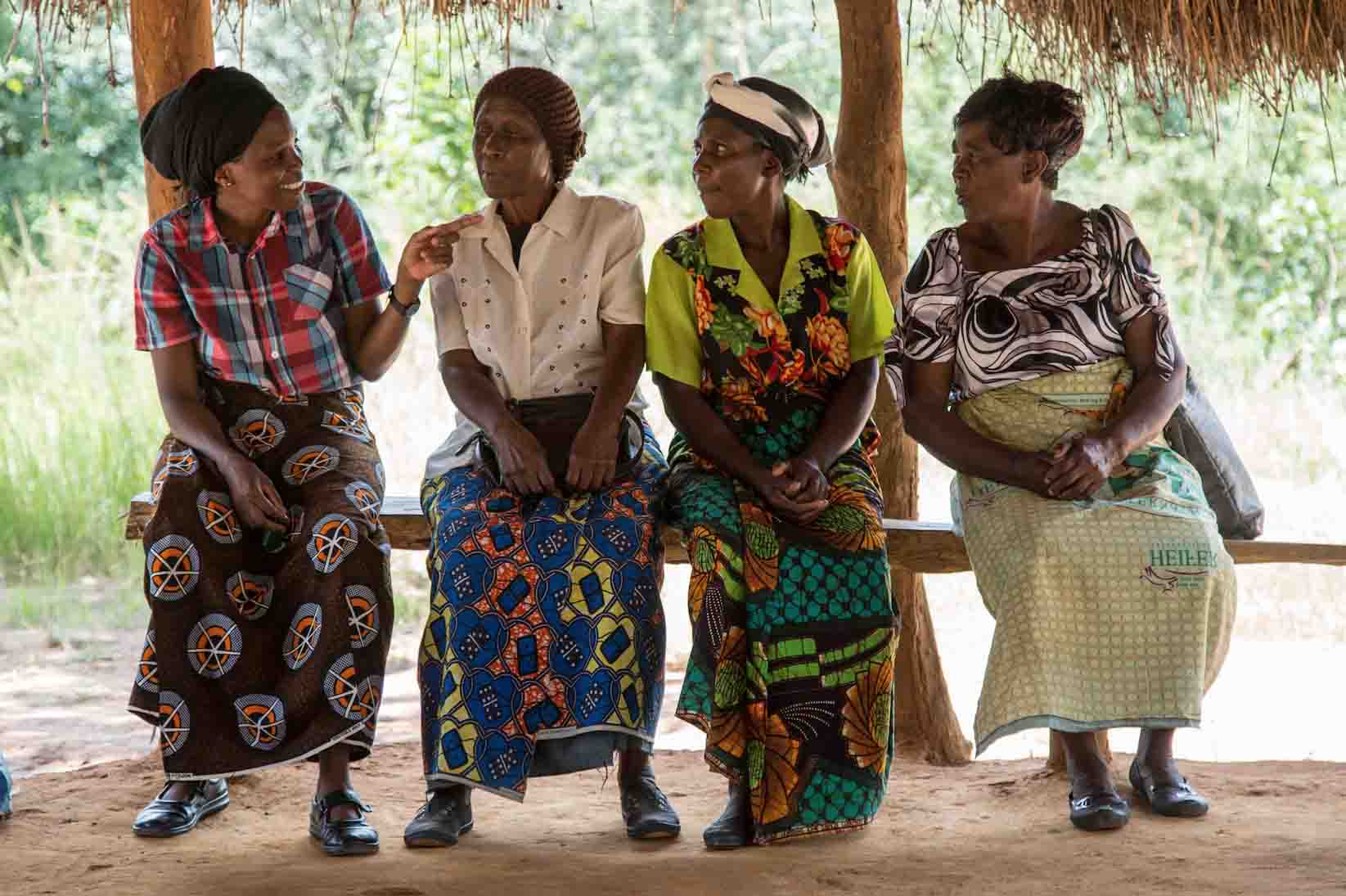At Heifer International, we strive to ensure our work is making the biggest difference possible in improving farmers’ lives. We have increasingly been working with external researchers to help us determine our success toward our mission.
I am excited that, next month, we will welcome Dr. Alex Winter-Nelson and Dr. Peter Goldsmith from the University of Illinois at Urbana-Champaign to discuss findings from their research on our work in Zambia.
As part of the Clinton School of Public Service event series, the researchers will present their Zambia Enumeration Study on Thursday, September 15 at 6 p.m., which will highlight the role of livestock donations on poverty and food security in the Copperbelt Province of Zambia. Dr. Goldsmith discussed the research on Superhuman Radio, which you can listen to here.

Before Heifer began working in the area, livestock ownership was rare in the province. Residents previously relied on the mining industry for labor opportunities. When the company left, so did the jobs.
The treatment group includes households Heifer serves, which are being compared to eligible households in similar communities we do not yet serve. Measurements include livestock revenue, dietary diversity, food expenditure and household consumption expenditure.
Heifer inputs of dairy cows, draft cattle and goats are allowing families to eat more nutritious foods. Overall, the study found that the benefits from our interventions are greater than providing a cash gift of equivalent value. Additionally, the benefits extend beyond households to the community where members—who did not receive animals—have greater access to milk and meat.
Drs. Winter-Nelson and Goldsmith found definitive evidence livestock-based asset transfer can generate both food and economic security for families. They note that the effects of livestock donation on households appeared within a year of receiving the animals. The measurements studied resulted in a 200 percent increase in household livestock revenue and dietary diversity with the addition of at least one food group.
Also, results show a more than 25 percent increase in household consumption expenditure and more than 30 percent increase in food expenditures. Recipients are eating more nutritious foods—milk and meat—and purchasing items like rice, which is considered a luxury food that is not locally produced. Chasha Veronica shares what her life was life before receiving the gift of goats and training and tells the story about how owning livestock has changed her life.
While empirical data has long supported our work, this scientific evidence is valuable for our model and illustrates the need for our work in developing countries. This body of research, and others like it, provide insight as we scale our programs to positively change the lives of people who need it. The University of Illinois recently released details about the impact of livestock on household nutrition, which you can read here.
I am excited about these results, particularly as we work toward our goal of helping 4 million families achieve living incomes by 2020, which will allow them to feed their families daily; educate all their children; and have proper housing, water, hygiene and other essential resources.
The Zambia Enumeration Study is being conducted through a partnership with Elanco Animal Health along with the University of Illinois. You can read more about the study in the January 2016 issue of Policy Matters here.
I hope you’ll join us at the Clinton School of Public Service on September 15 at 6 p.m. Reserve your seats by emailing publicprograms@clintonschool.uasys.edu or calling (501) 683-5239, or click here to watch it live.
